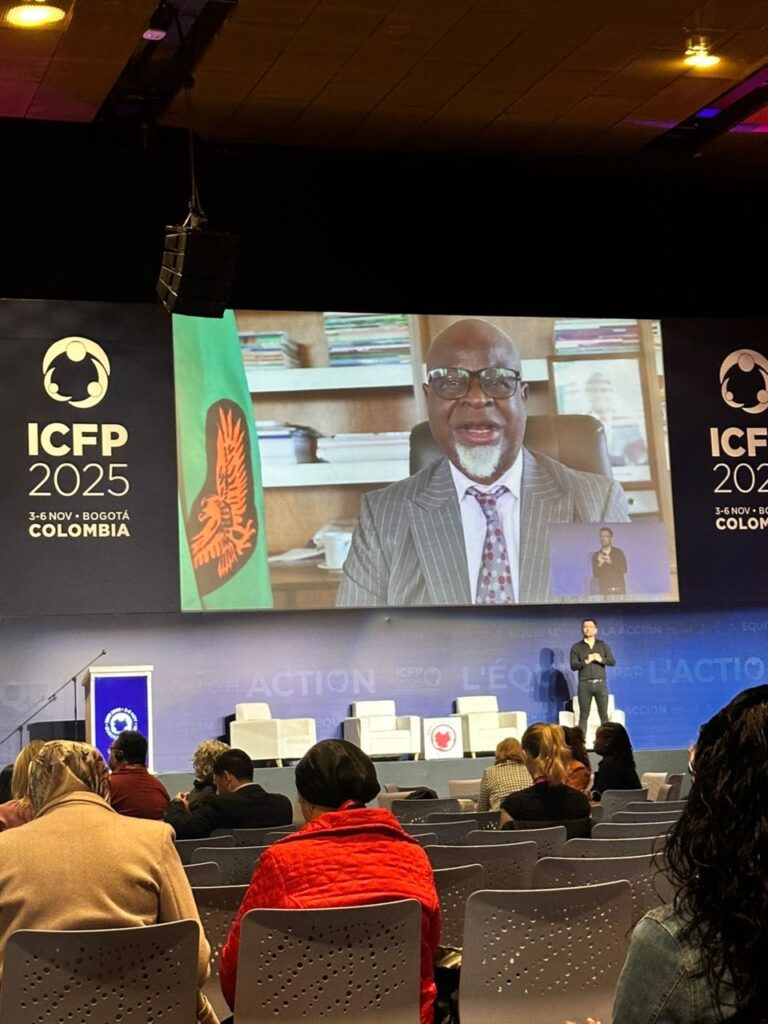Zambia Leads the Way in Domestic Funding for Family Planning
The Republic of Zambia was proudly represented at the Seventh International Conference on Family Planning (ICFP) in Bogotá, Colombia. The event, held under the theme “Equity Through Action: Advancing Sexual and Reproductive Health and Rights for All,” brought together global leaders, policymakers, and advocates to advance universal access to family planning and reproductive health.
During the High-Level Ministerial Roundtable on Advancing Sustainable Financing for Family Planning and Reproductive Health, Ministry of Health Permanent Secretary for Technical Services, Dr Kennedy Lishimpi, highlighted Zambia’s transformational approach to family planning, describing it as “the single most strategic investment in our nation’s human capital.”
“When families are empowered to determine the size and spacing of their children, we unlock economic and social progress. Family planning reduces maternal and infant deaths, improves education outcomes, and builds a stronger, healthier workforce,” Dr Lishimpi said, emphasising that Zambia’s commitment extends beyond policy, with tangible financial investment and government leadership.
Joining the roundtable virtually, Minister of Health Hon. Dr Elijah J. Muchima reaffirmed Zambia’s resolve to strengthen domestic financing for reproductive health. “Since taking office in 2021, our government has increased funding for reproductive health commodities from USD 130,000 to USD 4.5 million in 2025, with a projection of USD 7.5 million in 2026,” he said.
Dr Muchima further announced that Zambia has successfully implemented the UNFPA Compact Agreement, disbursing USD 11.5 million between 2023 and 2025 through a third-party procurement mechanism. All commodities procured in 2023 and 2024 were delivered via the Zambia Medicines and Medical Supplies Agency (ZAMMSA).
“Zambia’s experience demonstrates that a country-led financing model, built on accountability and digital transparency, can reduce reliance on external support while ensuring sustainable family planning outcomes,” Dr Muchima added.
The Ministry of Health reaffirmed its commitment to universal health coverage, anchored on primary healthcare and equitable access to reproductive health services. Through strong leadership, innovation, and investment, Zambia continues to serve as a model for how sustainable domestic financing can transform the health and well-being of its people.



